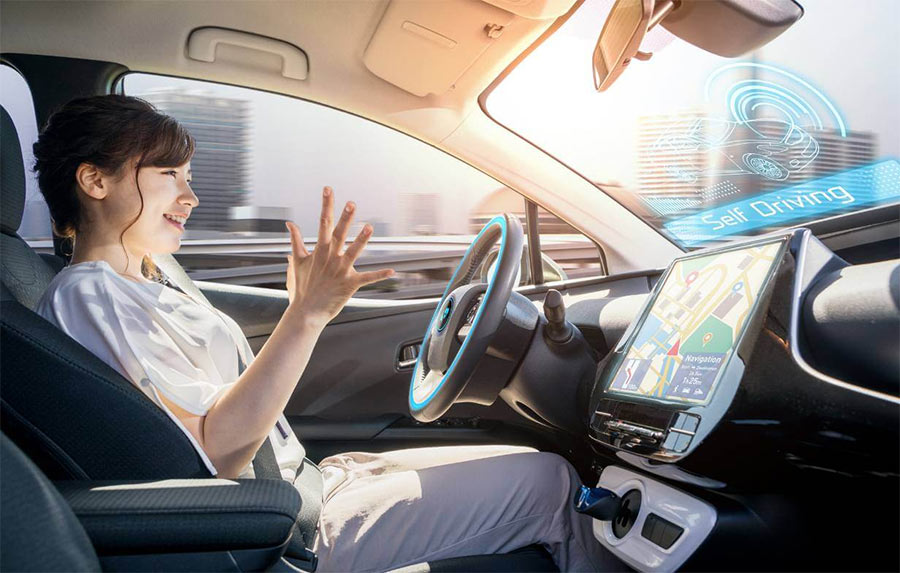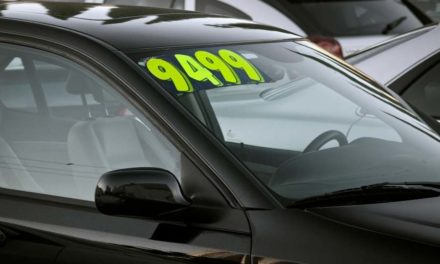Over the past decade, artificial intelligence (AI) has seen a consistent rise in ability and popularity. But, as AI makes its way into the realm of motoring, let’s take a look at how AI can enhance the driving experience.
Personalisation and intuition
Automation software has previously been utilised across numerous industries, often working in the background to provide consumers with more personalised experiences. For example, an automation software known as RPA is used by online casinos to automate registration processes, and filter out new and existing users. This allows platforms to provide more personalised offers. The casino promotions offered by Betfair include free spins and welcome bonuses for new customers, or the chance to opt in for a shot at the daily jackpot, cash drops, and weekly giveaways for existing players. In short, automation software allows industries to offer services that are more personalised to each individual consumer.
With this in mind, it is only logical that car manufacturers have begun to utilise AI for this very reason. At the moment, there are two distinct ways that AI is paving the way for more personalised motoring, as evidenced by Kia and Mercedes-Benz. On one hand, you have the South Korean car giant, Kia, which became one of the first car manufacturers to experiment with AI. One of the ways Kia employs AI is to learn what each driver needs to assist them – from mirror and seat positioning to further driver-assistance features – which will automatically switch to the respective driver profile whenever that person gets behind the wheel.
On the other hand, Mercedes-Benz has employed AI in an attempt to make the in-car voice assistant more intuitive. By beta testing ChatGPT with the MBUX Voice Assistant, it is their hope that drivers will get more comprehensive and personalised answers to their questions, also supporting natural conversation and further questions.

Enhanced safety and control
Many car manufacturers use AI to improve safety on the roads, with brands like Tesla boasting automatic emergency braking for situations where a collision is imminent, and lane departure warnings to alert drivers visually, audibly, or physically when they are swerving outside of their lane.
In addition to the personalisation mentioned above, Kia’s AI collects image and video data to understand the driver’s habits, allowing the car to understand if the driver is happy or angry in real-time, and what environmental factor caused this, so that alterations or warnings can be made if encountered in the future. Most remarkably, this can also be used to spot when a driver is becoming tired and prompt them to take a break, further enhancing road safety.
Perhaps one of the most exciting new employments of AI in motoring, however, comes off the road. Whilst the potential for self-driving cars is becoming more and more realistic, Jeep is testing AI to make autonomous off-road driving a reality. The technology was tested on the Jeep Grand Cherokee 4xe back in May 2023 and is said to enhance the driving experience for both those who are nervous or inexperienced driving off-road, and proficient off-road masters alike.
Whether you’re a motoring traditionalist or welcome the use of new driving technologies with open arms, the use of AI in cars could potentially revolutionise the way we drive, the motoring adventures we go on, and the experience we have whilst doing so.















